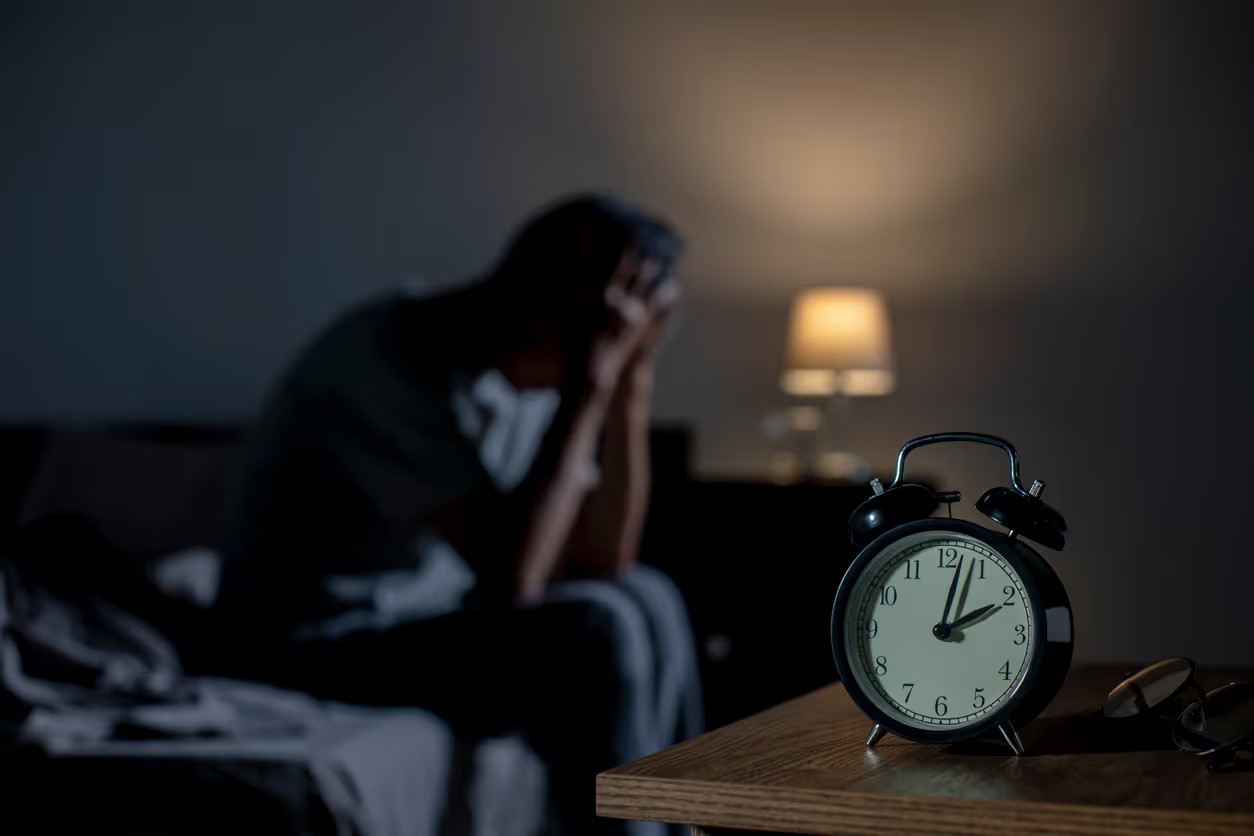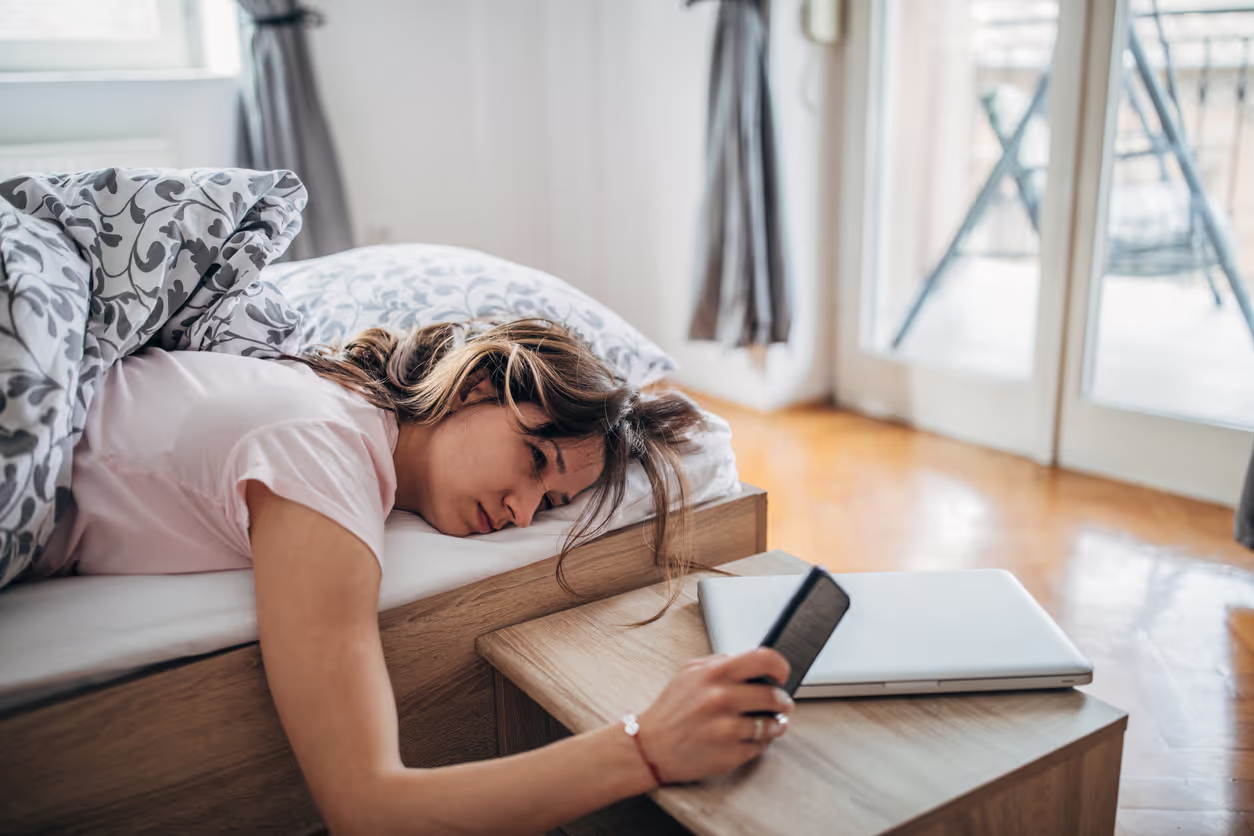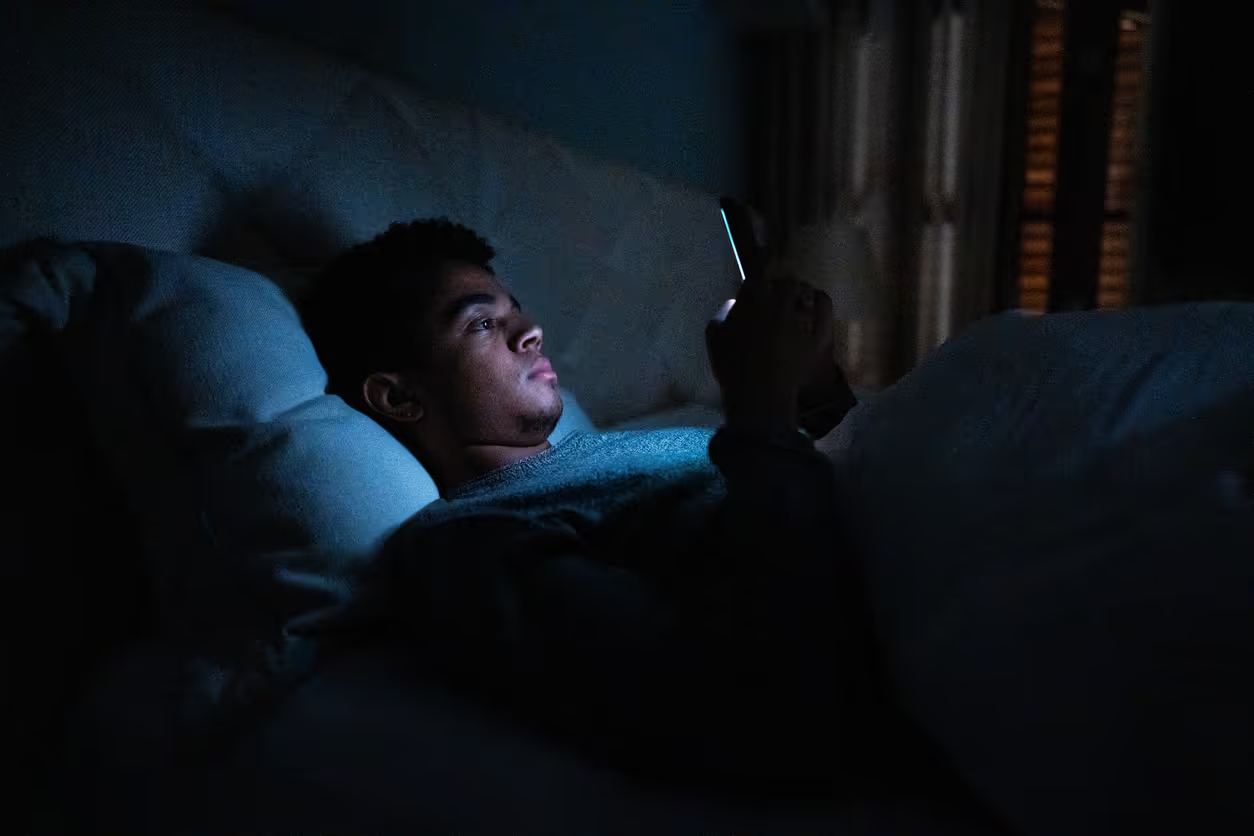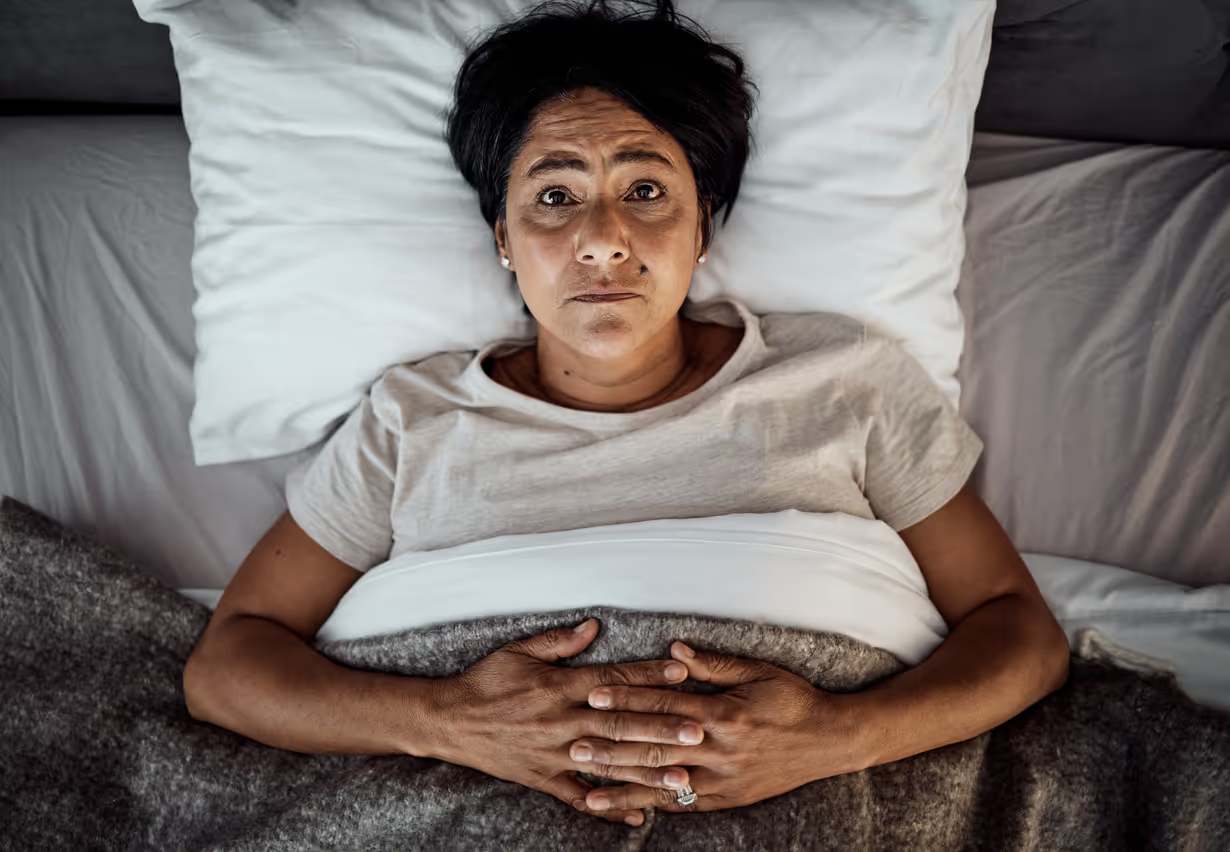How to fall asleep fast: 6 proven tips that actually work
.avif)
If you find yourself lying in bed staring at the ceiling, checking the clock, or doom-scrolling night after night — you’re not alone. Millions struggle to fall asleep quickly due to stress, racing thoughts, or unhelpful habits. The good news? There are science-backed techniques that can help.
If you want to know more about your sleep health, try taking our comprehensive free Sleep Assessment and in only a few minutes of answering questions you will receive a free Sleep Health Report.
We have successfully treated insomnia and other sleep disorders for more than 40+ years. Our protocols are proprietary—a direct result of practitioner feedback from thousands of client sessions and training cohorts—meaning more precise, individualized, and trusted outcomes than off-the-shelf CBT‑I. Find out how we can help you achieve lasting improvements to your sleep health, general health and wellbeing. Start your journey here.
1. Stick to a Consistent Sleep Schedule
Your body has built-in clocks (circadian rhythms) that regulate sleep, energy, and health. These rhythms work best with regular routines. Going to bed and waking up at the same time every day — even on weekends — trains your brain to recognise when it’s time to sleep.
Pro tip: Aim to sleep within the same 30-minute window on weekdays and within one hour on weekends.
2. Use the 4-7-8 Breathing Technique
This simple method helps calm your nervous system and reduce anxiety. Try this:
- Inhale through your nose for 4 seconds
- Hold for 7 seconds
- Exhale slowly through your mouth for 8 seconds
Repeat 4–6 times. If the breath-hold makes you anxious, skip it and use 4 seconds in, 8 seconds out — it still works.
💡 Why it works: Long exhales shift your body from stress mode (sympathetic nervous system) into relax mode (parasympathetic nervous system), helping you wind down.
3. Cool Down Your Room
Your body cools naturally at night to support sleep. A hot bedroom can disrupt this.
Ideal temperature: 15–19°C (60–71°F) works best for most people. Use light, breathable bedding and lower your thermostat if needed.
4. Avoid Screens 1 Hour Before Bed
Blue light from devices delays melatonin — the hormone that helps you get sleepy.
Instead: Replace screen time with relaxing activities like:
- A warm shower
- Gentle stretching
- Reading a book
- Listening to a calming podcast
- Mindfulness, prayer, or music with a partner or family member
These rituals signal to your body that it’s time to slow down.
5. Limit Caffeine and Alcohol
Caffeine can stay in your system for 12 hours.
Alcohol may make you feel sleepy, but it disrupts deeper stages of sleep.
☕ Better choices:
- Stop caffeine by 2 p.m.
- Avoid alcohol late at night. One drink with dinner is a limit — and many experts now recommend avoiding alcohol altogether for better sleep.
6. Create a Sleep-Friendly Environment
A dark, quiet, and comfortable room helps your brain know it’s time for rest.
- Use blackout curtains
- Turn off buzzing electronics
- Try white noise or calming sounds
- Choose the right mattress and pillow for your sleep style
- Try aromatherapy like lavender or pre-bed rituals to signal wind-down time
Final Thoughts
Falling asleep fast takes practice, but the benefits are worth it. Try combining two or three tips tonight and stick with them for best results. If sleep problems persist, consider a sleep specialist or CBT-I therapist.
Better sleep is within reach — starting tonight.
Book a time with one of our sleep specialists to get your sleep back on track.






